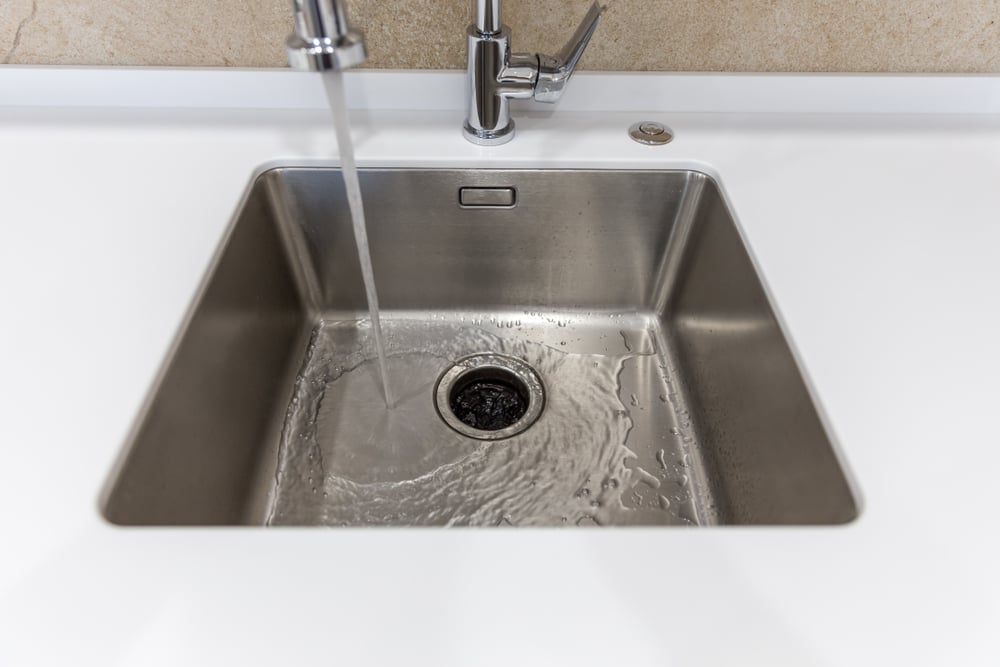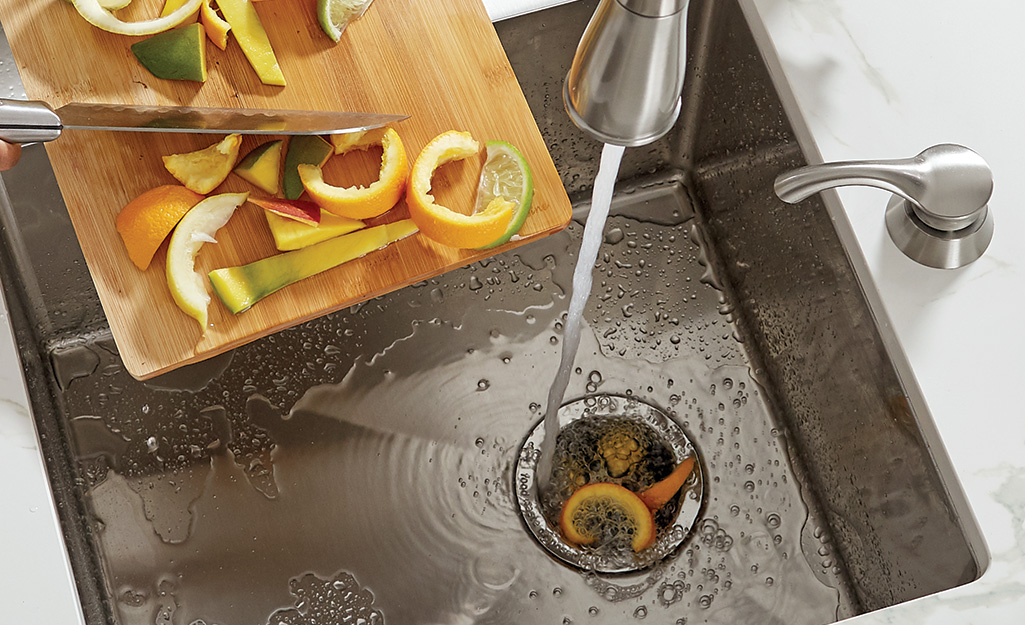Proven Solutions for Fixing a Dripping Garbage Disposal
Proven Solutions for Fixing a Dripping Garbage Disposal
Blog Article
Just about every person has their own theory when it comes to Garbage Disposal Leaking From Bottom.

Waste disposal unit are essential kitchen appliances that help in getting rid of food waste successfully. Nonetheless, a leaking waste disposal unit can be a frustrating and unpleasant problem to manage. The good news is, many leaks can be repaired quickly with a few basic steps. In this short article, we will talk about just how to deal with a dripping waste disposal unit successfully.
Intro
Garbage disposals are installed under kitchen sinks and are made to shred food waste right into smaller pieces, permitting it to travel through the plumbing system easily. While these tools are typically dependable, leakages can happen gradually due to damage, loose links, or damage to the device.
Common Sources Of Leaks in Waste Disposals
Worn Seals and Gaskets
Seals and gaskets play an important duty in stopping water from leaking out of the garbage disposal. With time, these components can weaken, resulting in leakages around the disposal device.
Loose Links
The links between the garbage disposal and the plumbing system can end up being loosened gradually, creating water to leakage out throughout procedure.
Fractures or Openings in the Disposal System
Physical damages to the waste disposal unit, such as fractures or openings in the housing, can likewise result in leakages.
Determining the Source of the Leak
Prior to trying to deal with a leaking garbage disposal, it is essential to identify the source of the leakage. This can typically be done with aesthetic examination or by carrying out easy examinations.
Visual Inspection
Check the garbage disposal system carefully for any kind of signs of water leak. Pay attention to areas around seals, gaskets, and link factors.
Testing for Leaks
One means to test for leaks is by running water with the disposal device and looking for any visible indicators of leakage.
Tools and Products Needed for Repairing a Leaking Waste Disposal Unit
Prior to starting the repair work process, collect the essential devices and products, consisting of a screwdriver, flexible wrench, plumber's putty, replacement seals or gaskets, and epoxy or patching material for fixing fractures or holes.
Step-by-Step Guide to Dealing With a Dripping Garbage Disposal
Turn Off the Power
Prior to trying any type of repair work, guarantee that the power to the waste disposal unit unit is turned off to avoid the risk of electrical shock.
Find the Leakage
Recognize the precise location of the leak and establish the reason.
Tighten Connections
Utilize a wrench to tighten any loose connections between the disposal system and the pipes system.
Replace Seals or Gaskets
If the leak results from worn seals or gaskets, eliminate the old elements and change them with brand-new ones.
Patching Splits or Openings
For cracks or openings in the disposal unit, use epoxy or an appropriate patching product to secure the broken location.
Testing the Garbage Disposal After Repair Service
When the repair service is complete, examine the garbage disposal by running water via it to make certain that the leakage has been dealt with.
Preventive Upkeep Tips to Stay Clear Of Future Leaks
To stop future leakages, it is important to carry out regular upkeep on your garbage disposal. This includes keeping it tidy, preventing placing non-food products or hard things down the disposal, and regularly looking for leaks or various other issues.
Final thought
In conclusion, dealing with a leaking garbage disposal is a relatively simple process that can be finished with fundamental tools and products. By adhering to the actions laid out in this short article and exercising preventative maintenance, you can keep your waste disposal unit in good working problem and avoid pricey repair work in the future.
HERE’S HOW TO FIX YOUR GARBAGE DISPOSAL
WHAT TO DO IF SOMETHING IS STUCK IN YOUR GARBAGE DISPOSAL
If the impeller won’t turn, there’s probably something stuck in the disposal. It could be a steak bone or peach pit, although plumbers report pulling all sorts of inappropriate objects out of disposals, such as bottle caps or aluminum foil. Make sure power to the disposal is off, and look inside to see if you can see the source of the jam.
Never stick your fingers in a disposal. Pull out anything you see with tongs or pliers.
If the disposal still won’t work, it may be time to call a plumber or consider buying a new disposal. GEM Plumbing & Heating is here for all of your garbage disposal needs.
WHAT TO DO IF YOUR GARBAGE DISPOSAL DRAIN IS CLOGGED
Take everything out from underneath your sink and put a bucket or other container under your disposal to catch any water that drains out. Disconnect your disposal from the power supply. If it’s plugged into a wall outlet, unplug it. If it’s hardwired into an electrical box, go to the electrical panel and turn off the breaker for the disposal. Pour ¼ cup of baking soda into the drain, followed by ½ cup of white vinegar. Give the solution a few minutes to fizz and do its work. Look into the disposal with a flashlight to see if you can see an object that might be causing the clog. If you see it, remove it using tongs or pliers. MORE TIPS ON DEALING WITH A CLOGGED GARBAGE DISPOSAL
Never use drain cleaner in a garbage disposal. It can damage the plastic parts inside the disposal. You can also be splashed with the caustic liquid while working to clear the clog. Beware! Never stick your fingers into a garbage disposal. Trust us — not a good idea. In many instances, your dishwasher drains through your garbage disposal. This allows the disposal to grind any large food particles that may be drained out of your dishwasher. There are some jurisdictions, however, where the plumbing code prohibits such a connection. WHAT TO DO WHEN YOUR DISHWASHER DRAINS THROUGH THE DISPOSAL
Run some water in the sink so your plunger has at least a ½-inch of water to create a seal and plunge vigorously up and down several times. You may need to repeat this several times. Run hot water down the drain to clear any residue that remains.

I'm certainly very excited about Why Is and I am hoping you enjoyed reading the entire entry. Please take the time to share this write-up if you appreciated it. Thank you for taking the time to read it.
Click Here Report this page